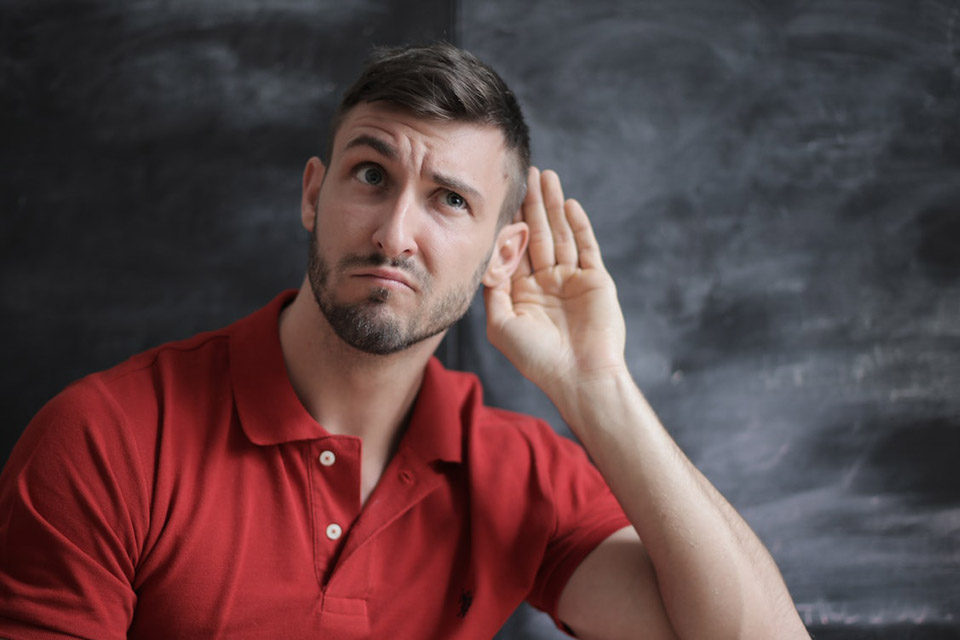Do you find yourself straining to understand what someone has said? Or that you need to turn your television up just a little bit louder, so it sounds clearer to you? It’s possible you’re experiencing the effects of hearing loss, but it could also be something much more simple: a buildup of earwax.
For some, it can be challenging to tell the difference between the two. In this article, we are going to give you some knowledge about each and what makes them different. That way, you understand if your ears need deep cleaning or if you should be having a discussion with your doctor about potential hearing loss.
Is My Ear Clogged With Wax?
The purpose of earwax is to act as a protective barrier that keeps things from traveling down into your ear canal and getting trapped. Things such as dust and other particles could cause damage to your middle ear if they become lodged in the canal.
Some people produce more earwax than others and find that their earwax can occasionally prevent them from hearing sounds and people correctly. One potential cause of earwax buildup is cleaning your ears improperly.
Many people assume that using a Q-tip is beneficial for cleaning your ears, but when used to clean the inner canal, it can negatively impact your hearing because it packs the earwax down into the ear. Over time, the earwax becomes so thick that it prevents sound waves from traveling inside of the ear canal properly.
Truth is, it is quite difficult to know for certain whether someone is starting to experience signs of hearing loss or earwax build-up. However, usually any feeling of aural fullness or a crackling sound may be indicative of earwax build up and not hearing loss.
How To Remove Earwax
There are some ways that you can remove earwax. These include:
- Drops purchased over the counter that soften the earwax. Once the earwax has been softened, it will begin to drain outside of the ear on its own.
- Making an appointment at our office to have one of the audiologists remove the earwax.
Is It Hearing Loss?
The most common sign of hearing loss is difficulty hearing sounds or people talking. The build-up of earwax within the ear is a form of temporary hearing loss that can easily be treated. Other types of hearing loss can’t be reversed, but there are ways to help improve the sounds that someone hears, such as the use of hearing aids.
Can You Hear Me Now?
We recommend that you visit an audiologist if you’re unsure if you have an ear clogged with wax or are experiencing symptoms of hearing loss. The audiologist will be able to examine your ears, check your hearing, and give you a definite diagnosis about what’s going on.
If you found this article helpful and are in need of an audiologist in the Chicagoland area, get the conversation started with one of our specialists.





